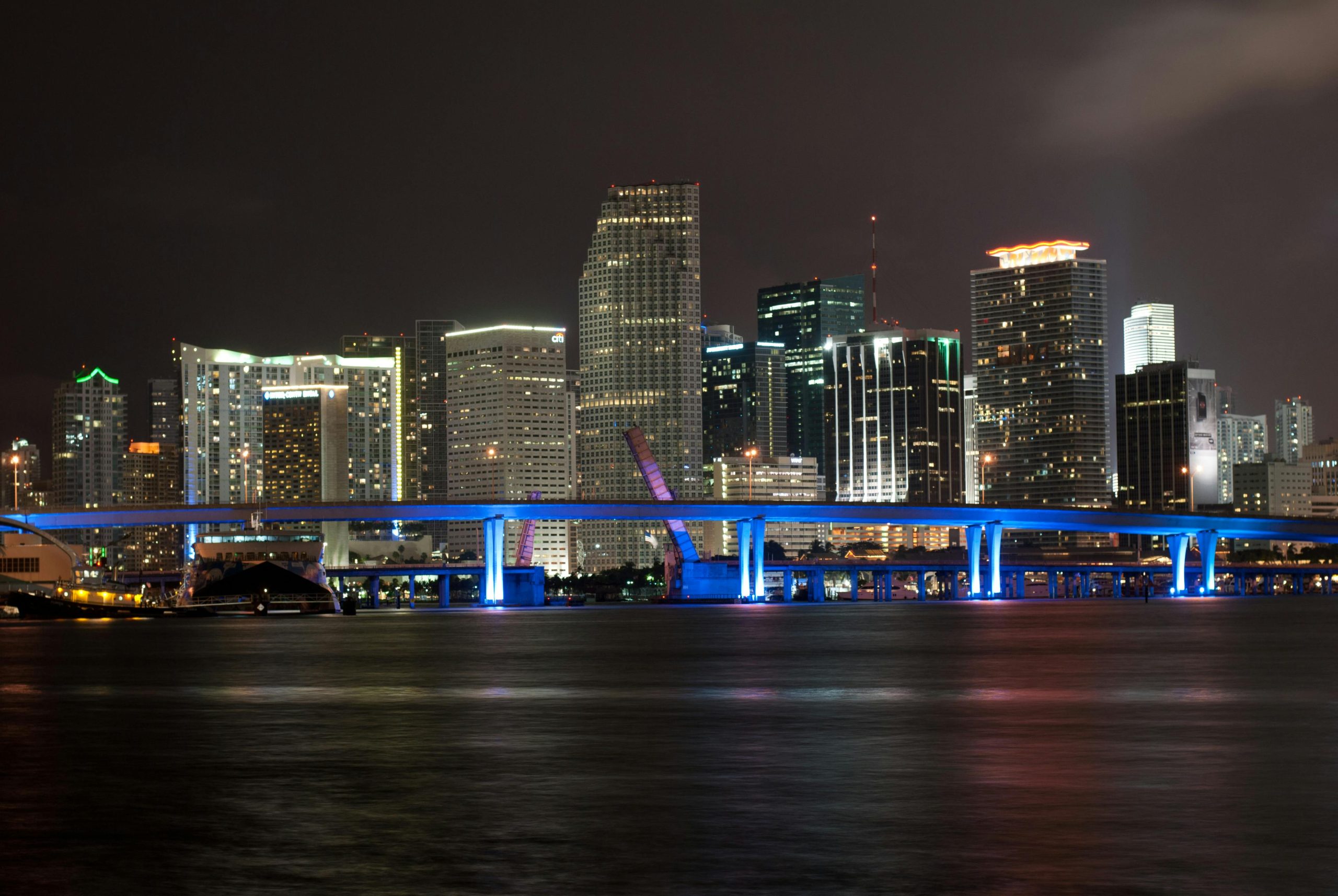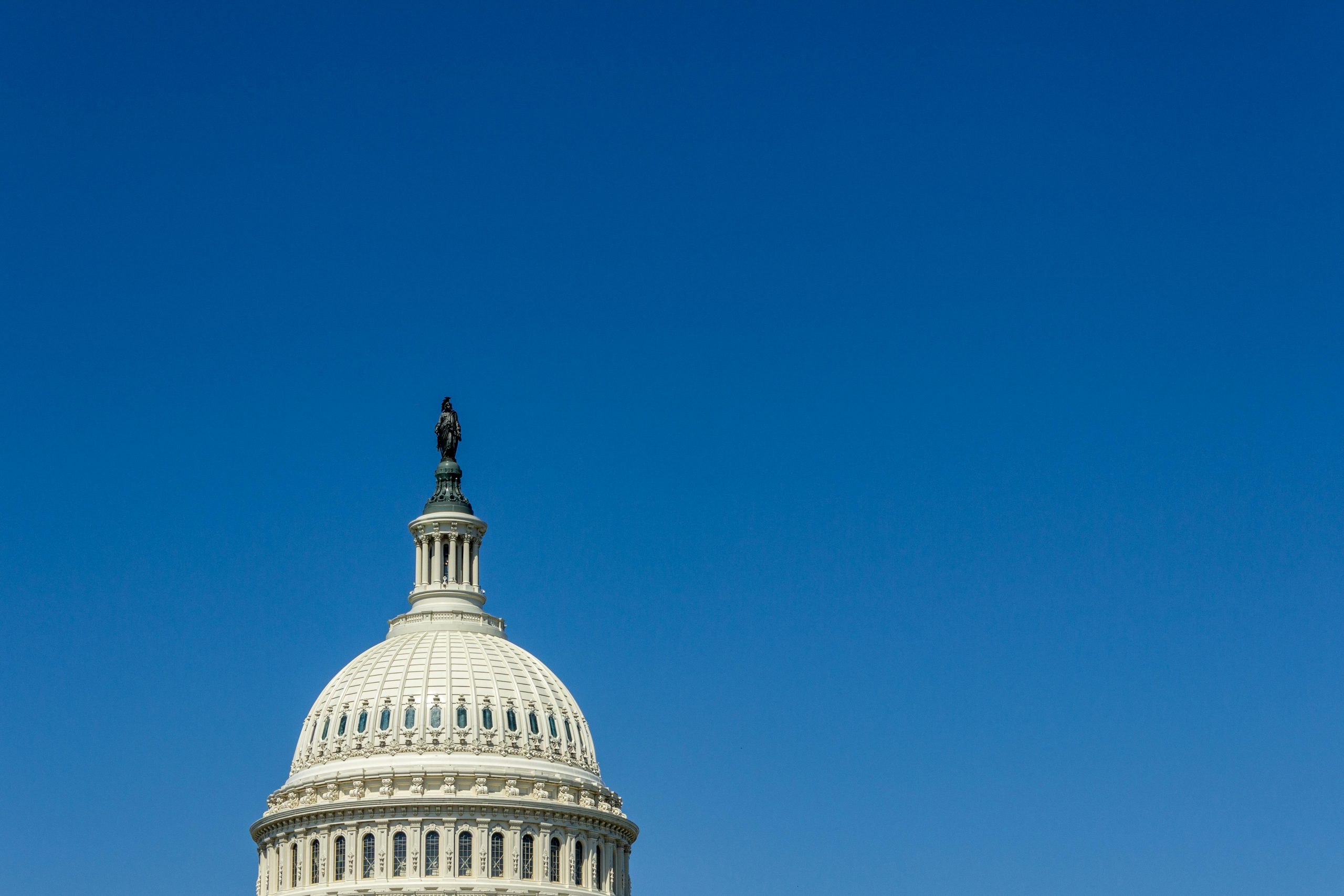Democratic U.S. Senator Gary Peters from Michigan announced that he will not run for re-election in 2026. His decision leaves an open seat in one of the most important swing states in the United States. This will have a significant impact on the 2026 Senate race and could influence other key elections in Michigan, including the race for governor.
Peters made this announcement during an interview with The Detroit News. He explained that after serving in Congress for many years, he felt it was time to step aside and allow the next generation of leaders to take charge. He added that his decision was not about retiring early but rather about stepping down after a fulfilling career.
“I’ve always believed that there would be a time when I would pass on the responsibility to someone else,” Peters said. “I am proud of what I have done, but now there are other things I want to focus on in my life. I have more to contribute to my community in different ways.”
This announcement has huge implications for Michigan’s political landscape. The state is considered a battleground, meaning it is crucial for both Republicans and Democrats in upcoming elections. Michigan is also a key state in the fight for control of the Senate, as it could shift the balance of power. With Peters not seeking re-election, the 2026 Senate race in Michigan is now wide open and will likely be very competitive.
Senator Peters has had tough elections in the past. Michigan is a state that often flips between supporting Democrats and Republicans, so any Senate race here is closely watched. While Peters’ race would have been competitive if he had decided to run again, his decision to step down has made the 2026 race even more uncertain and high-stakes. This could make Michigan one of the top battleground states for Senate control in 2026.
The big question now is who will run for the seat. At this point, it is unclear which candidates will throw their hats in the ring. In Michigan, much of the attention has been on the race for governor, where current Governor Gretchen Whitmer is term-limited and cannot run again. Democratic Secretary of State Jocelyn Benson is currently the only major Democrat in the governor’s race, while Republican State Senate Leader Aric Nesbitt is the only significant GOP candidate.
However, with Peters’ retirement, many politicians who were considering a run for governor might now decide to run for Senate instead. The shift in focus could change the dynamics of Michigan’s 2026 elections.
Peters made it clear that he won’t be running for any other public office in 2026. He plans to complete his Senate term and focus on his work until then. He also emphasized that his decision is not about leaving politics altogether but about making room for new leadership in the state.
While it is still early in the election cycle, the Michigan Senate race in 2026 is already shaping up to be one of the most competitive and closely watched contests in the country. The outcome of this race could have a big impact on which party controls the Senate after the 2026 elections.
(Source : cnbc.com)

 by
by 

